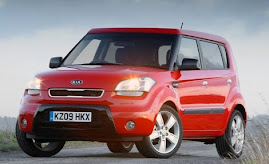
2009 TDI Clean Diesel feature highlights
DIESEL MYTH #1: Diesel stinks.
Not anymore. Clean Diesel is ultra-low sulfur fuel. Sulfur was the part
that stunk. Ultra-low sulfur fuel has 97% less sulfur than other diesel fuel,
radically reducing emissions. And stink.
Not anymore. Clean Diesel is ultra-low sulfur fuel. Sulfur was the part
that stunk. Ultra-low sulfur fuel has 97% less sulfur than other diesel fuel,
radically reducing emissions. And stink.
DIESEL MYTH #2: Diesel is dirty.
Nope. We call it Clean Diesel for a reason. The VW TDI Clean Diesel
engines have advanced emission-capturing technology, drastically
reducing the amount of CO2 they release. This means that what comes
out of the tailpipe is much cleaner than diesels of the past. The dirty
diesel smoke associated with old diesel engines resulted from unburned
or partially burned fuel. VW TDI Clean Diesel engines use
computerized fuel control and common rail fuel injection to virtually
eliminate this diesel smoke with higher injection pressures and therefore
better atomization.
DIESEL MYTH #3: Diesels are noisy.
Nein. Diesels of old have long been known for their loud clattering
engines, but clatter no more. Volkswagen TDI Clean Diesels use “pilot
injection” which quiets the engine, while the engine provides more
torque than equivalent gas-based engines with less noise than ever
before.
DIESEL MYTH #4: Diesels lack “oomph.”
Remember, the “T” in TDI stands for turbocharged. New Jetta TDI and
Jetta SportWagen TDI engines are quite fast, out-sprinting both diesels
of the past, and other alternative fuel vehicles of the present. The Jetta
TDI Clean Diesel models also deliver big torque, even more than
equivalent gas-based engines, at a whopping 236 lbs-ft of torque.
DIESEL MYTH #5: Diesel fuel is found mainly at truck stops.
No, truckers are found mainly at truck stops. With the growing
popularity of diesel-engine vehicles, more and more gas stations are
adding diesel pumps every day. Look for this trend to continue.
Jetta TDI Clean Diesel Sedan $21,990**
Jetta TDI Clean Diesel SportWagen $23,590**
Standard Equipment:
TDI Clean Diesel: 2.0L, 140HP, 236 lbs-ft
torque, in-line 4-cylinder turbocharged
clean diesel engine with common rail
direct injection
6-speed manual transmission
10-speaker in-dash MP3 readable 6-CD
changer stereo with AUX input, AM/FM
and SIRIUS® Satellite Radio
6 airbags***– dual front, front side
thorax and Side Curtain Protection®
Heatable front seats
8-way front seats with adjustable
lumbar support and 2-way
power recline†
V-tex leatherette seats
Multi-function trip computer
Climatic single-zone climate control
Front center armrest, adjustable with
storage box
Glovebox, lockable
Reading lights, front and rear
Cupholders, 2 front and 2 rear
2 power outlets
Floor mats, front and rear
60/40 split fold flat rear seats with
center armrest pass-through
Power windows with pinch protection
Cargo area–Split-folding rear seats that
fold flat for 66.9 cubic feet cargo capacity
(Jetta SportWagen only)
16 cubic feet trunk (Jetta Sedan only)
Leather steering wheel, brake handle
and shift knob
Outside temperature display
Power door locks with 2 remote fobs
Foldable key fob with remote selective
unlocking and panic button
Heated washer nozzles
Electro-mechanical power steering
with variable assistance
European-tuned 4-corner independent
suspension
Electronic Stabilization Control (ESP) with
Anti-Slip Regulation (ASR) and Electronic
Differential Lock (EDL)
16" alloy wheels
Power heatable mirrors with side blinkers
Anti-lock Braking System (ABS) with
4-wheel disc brakes
Tire Pressure Monitoring System (TPMS)
Chrome exterior trim around windows
Optional:
6-speed automatic transmission DSG® gearbox with Tiptronic® and Sport mode, rear
side airbags,*** iPod® adaptor, RNS-510 DVD navigation system with MDI, touch
screen, integrated 30-GB hard drive, audio CD (WMA and MP3), video DVD playback
and SD memory card slot, 17" Avignon wheels, power glass sunroof with tilt, slide,
tinted glass, manual sunshade, pinch protection, and driver’s door power lock operated
convenience closing feature (Jetta Sedan only), panoramic power sunroof–12.7 cubic
feet (Jetta SportWagen only).
The people want to have a lead foot, and they want to leave a smaller carbon footprint. The people want turbocharged diesel-sipping autos that are high on performance and fuel economy*, and low on emissions. The people want TDI Clean Diesel autos in all 50 states. The people want to have some good Clean Diesel fun. And they want to visit their dealer to test drive the all-new 2009 Jetta TDI and Jetta SportWagen TDI Clean Diesels. It’s what the people want.
All-New 2009 Jetta Clean Diesel® ARRIVING SOON!
.




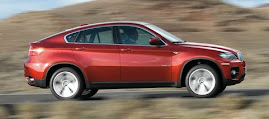
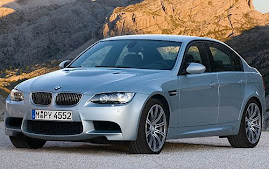


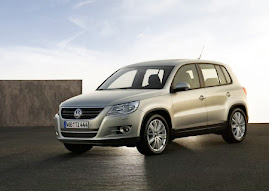

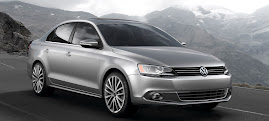

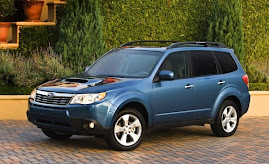
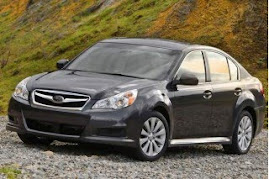

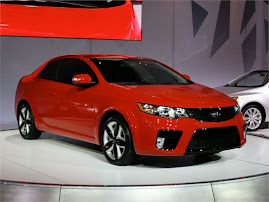_(544x408).jpg)
